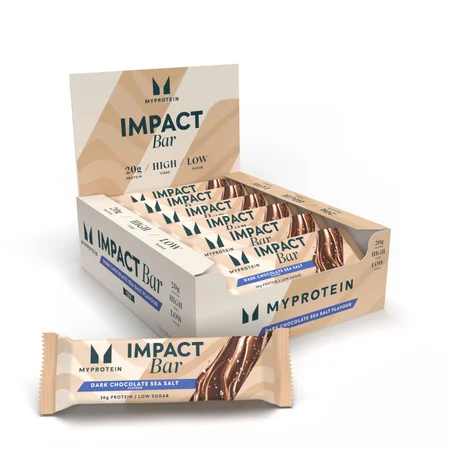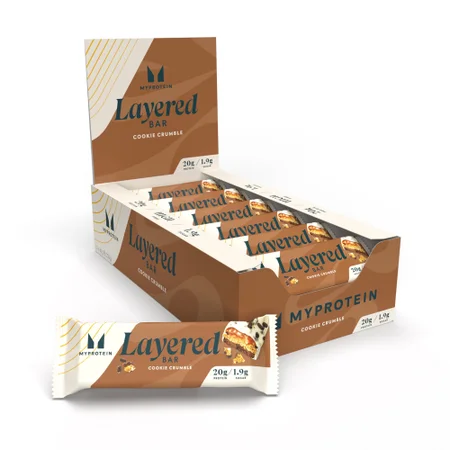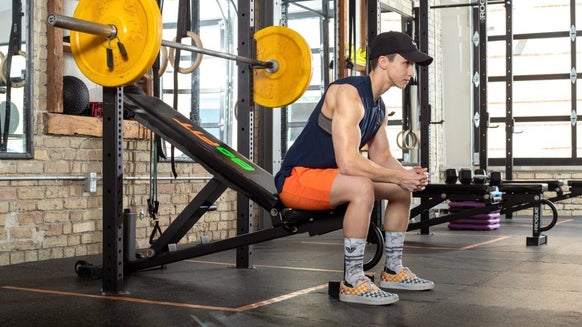Exercising When Pregnant Has Significant Benefits For Mum & Baby

It’s a common misconception that women should stop training as soon as they know they're pregnant or move into the second trimester. In fact, it's better for you, your body and your baby if you stay active during pregnancy.
Personal trainers Kay Johnson and Sim Farrington know what they’re talking about on this topic — Kay is currently pregnant with her first child, while Sim is also expecting, and they've both completed pre and post-natal training — so we'll leave it to them to explain further.
All women and pregnancies are different, so it's important to get the all clear from your midwife or doctor before continuing training.
As your baby grows, you’ll need to adapt your training routines. A good way to plan is by changing your training for each trimester of your pregnancy.
Trimester 1
The first three months are crucial for your baby's development. You need to be careful with jerky movements, so it might be wise to avoid HIIT, burpees, and other forms of high-intensity training.
Additionally, morning sickness is common in the first trimester, and feelings of exhaustion are common throughout the whole pregnancy. It's vital if you’re affected by these feelings that you listen to your body and don’t push yourself too hard. Rest is always important, but especially when you’re pregnant.
Some women find that exercise helps to alleviate their symptoms, but this isn’t the case for everyone. Avoid comparison and focus on what works for you.
Trimester 2
The time to sit and think about how to adapt your workouts. Decrease the intensity of your training — this is not the time for a PB, but instead the time to get a pump on from some heavy-ish reps. You're going to get sick of hearing this, but again, listen to your body and just enjoy being active. Lift lighter and if you’re concerned, consult a trainer of your own, or seek the help of your doctor or midwife.
And remember, you’re already burning more calories by growing a baby inside you. So do yourself a favour, and reduce your reps and sets. And just take it easy. You should be working out if you feel that it’s helping you mentally or physically, but don’t push yourself to your limits. Save that for after you’ve had your baby.
And comfort is key. What you wear will have a huge impact on your workout. Avoid feeling too hot and constricted, and find the right maternity workout clothes for you. We might even have something up our sleeves to help with this.
As ever, drink plenty of water during your workout, and take as long a rest time as you need. And queue some repetition: listen to your body.
Trimester 3
The final three months of your pregnancy are when you’re likely to be your most uncomfortable. At this point you’ll need to increase your calories, probably by around 400-500 calories per day. This doesn’t account for calories burned during exercise, so be mindful and make sure you replenish these.
At this point you should just be focusing on moving your body rather than moving any weight. Slow down your training schedule and any exercises, and focus on bodyweight exercises and pelvic floor exercises to help prepare you for labour. Some women may even prefer ditching the gym and enjoying the fresh air on a walk instead.
Take Home Message
You shouldn't feel any pressure to continue working out during your pregnancy. But if you are a keen exerciser or would like to stay active, there’s simply no reason to stop and miss out on the benefits it can have for you and your baby. Always listen to your body and your doctor’s advice, and focus on what works for you.
READ MORE HERE:

5 Best Ab Exercises To Work Your Core | Myprotein Masterclass
Perfect for building core strength.

Back Day With Lex Griffin | Myprotein Masterclass
The key to accurately targeting your back.

Five Exercises For Targeting Glutes | Myprotein Masterclass
A workout to set your glutes on fire.











